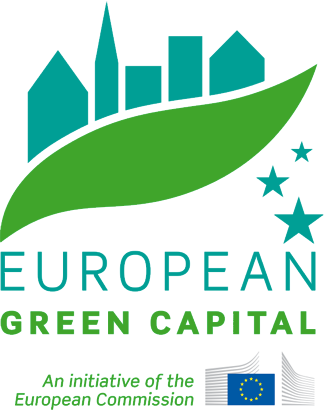Bristol's fight against fuel poverty
Fuel poverty affects 4.5 million households in the UK each year. So what help is available for people in Bristol in search of affordable warmth? Reporter Malgorzata Jaworska meets the Bristol organisations lending a hand across the city.

In Bristol South, 1/3 of excess Winter deaths are attributed to cold homes.
And in Bristol South, 1/3 of excess Winter deaths are attributed to cold homes.
It’s a timely statistic, as last week the National Institute of Health and Care Excellence (NICE) called on the health service to do more to tackle cold home deaths and illnesses.
So how does fuel poverty affect Bristol residents? We spoke to some people in the city centre to find out their views.
“I don’t work, my husband does and whatever he earns is really really tight in the household, we pay the rent and whatever’s left is really really small to do the rest.”
“We usually just heat up parts of our house for short periods of time,” commented another mother, Faduml Wussuf.
What is fuel poverty?
- “Fuel poverty” occurs when the cost of fuel rises higher than average household income, as defined by the Warm Homes and Energy Act. This makes it difficult for families to afford warmth at a reasonable cost.
- The King’s Fund, estimates that for every £1 spent on improving the housing conditions, the NHS could save £70 over the next 10 years through a reduction in cold related illnesses.
Tackling fuel poverty and improving health
In Bristol, efforts are being made to make affordable warmth accessible to everyone.
Bristol City Council’s four-year initiave Warm-Up Bristol offers funding to residents wanting to make their homes warmer and more energy efficient.
With Bristol’s European Green Capital status for 2015, many organisations are also able to fund projects aimed at tackling fuel poverty, in all corners of the city.
For 36 years, the Centre for Sustainable Energy (CSE) based in Bedminster has been tackling the misery of cold homes by developing resources and training to enable others to recognise, understand and tackle cases of fuel poverty.
With strategic grant funding from Bristol 2015, they are now launching a new referral service Preventing illness by tackling cold homes to support people at risk of fuel poverty in Bristol.

“The project aims to ensure that the health of Bristol’s vulnerable and low income households is improved and protected by enabling them to access the support and services they need to end the misery of cold homes.
Their ‘single point of contact’ service aims to help householders with energy advice, insulation and heating improvements, tariff management, fire safety and security as well as essential home maintenance support.
The BME community in Bristol live in poor housing which are not energy-efficient.
The scheme also focuses in particular on partnerships with the health sector, including organisations such as Bristol Ageing Better partners, Care Forum, British Red Cross, Bristol Energy Network.
“The new NICE guidance provides a great opportunity for Bristol to put in place an approach that can deliver warmer healthier homes for Bristol’s most vulnerable people while reducing the burden on the local health service of preventable cold-related ill-health,” adds Ian.
CSE is also working closely with GP surgeries across Bristol to encourage a ‘city-wide’ take-up.
Energy champions
It’s also the city’s Black and Minority Ethnic (BME) communities that are often the worst affected by fuel poverty, explains David Gbao, Secretary General at the African Voices Forum (AVF).
“The BME community in Bristol live in poor housing which are not energy-efficient.
“In addition the average wage on those homes is just under £20k.”
David adds that work patterns, language, education and self confidence all create barriers in people making informed decisions and looking for preventative measures to cold homes.
With small grant funding from Bristol 2015, and working in partnership with Bristol Energy Project, AVF aims to train around 10-15 champions from Bristol’s BME communities in domestic energy efficiency, who will visit 250 homes.
These are just some of the schemes Bristol’s residents can benefit from right across the year.
Find out how you can get support by visiting Centre for Sustainable Energy, Warm Up Bristol and the African Voices Forum.







